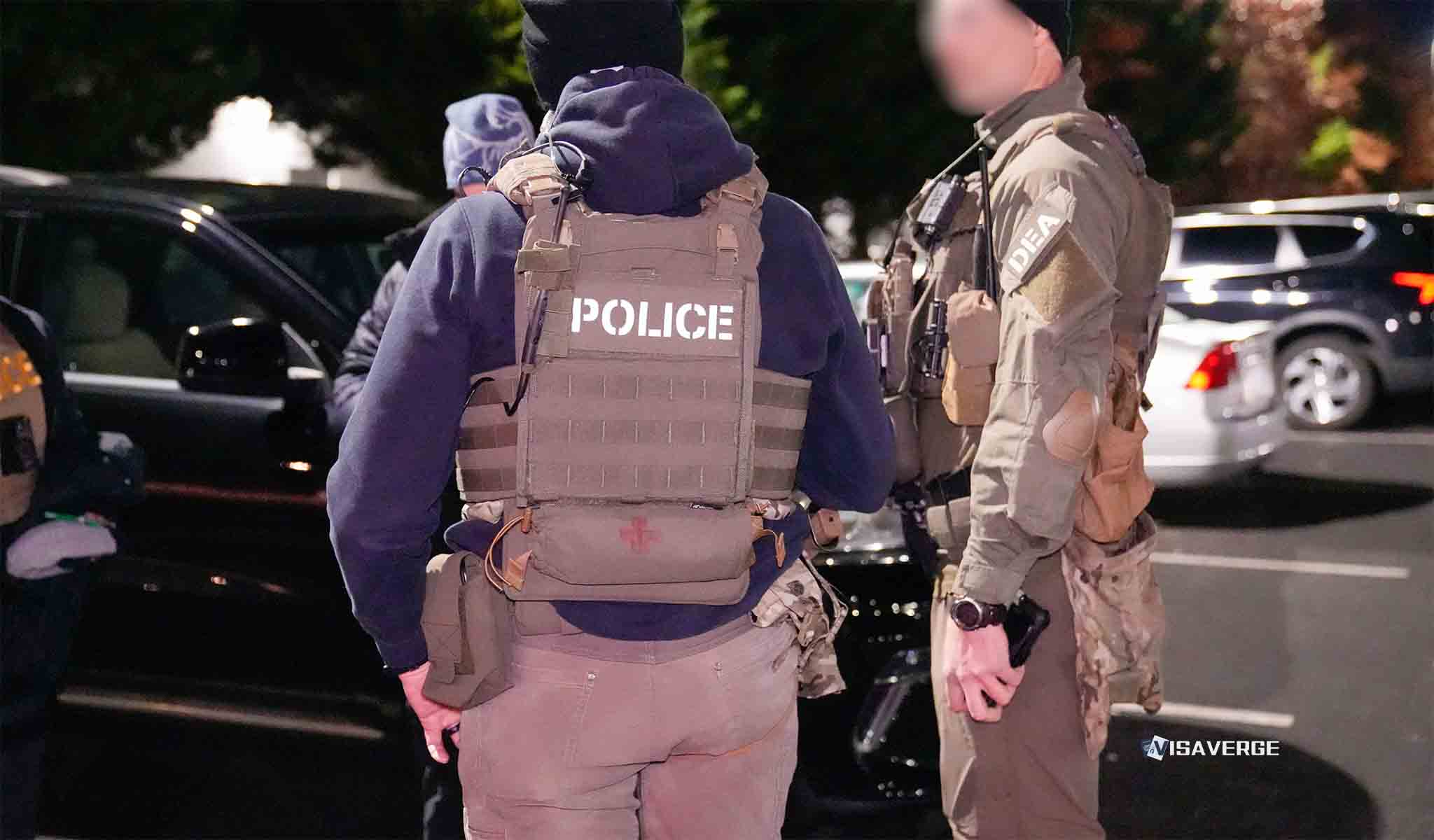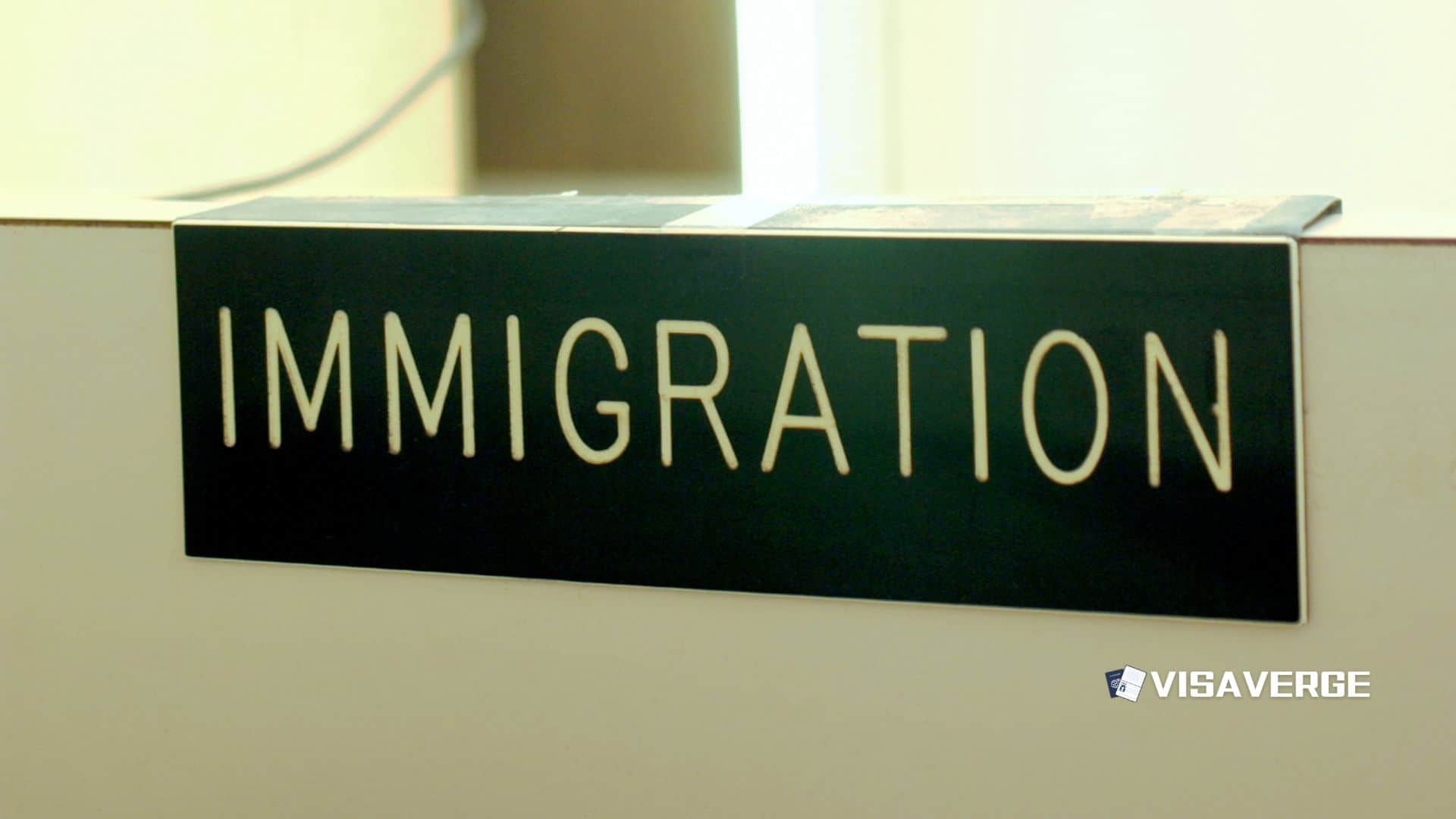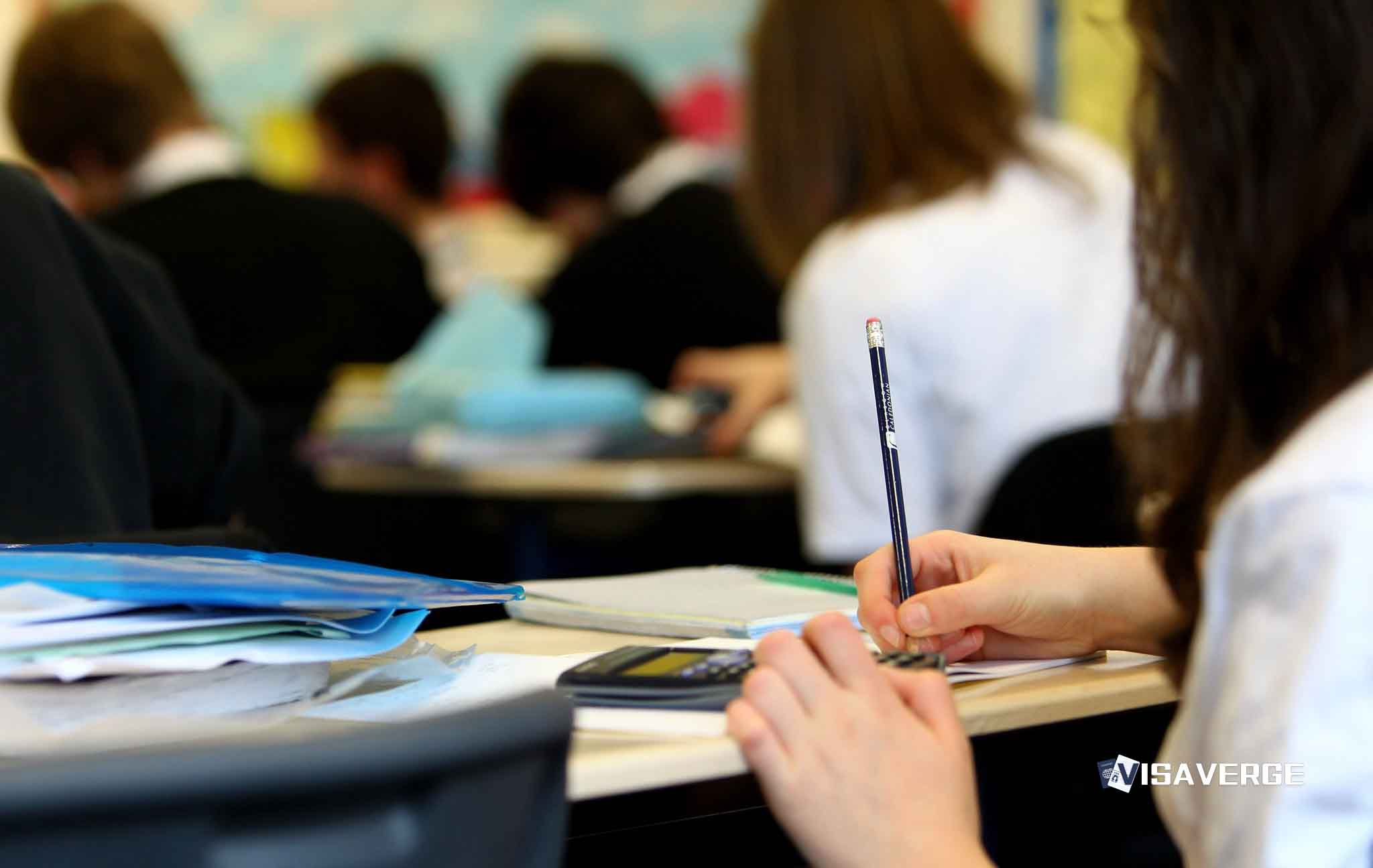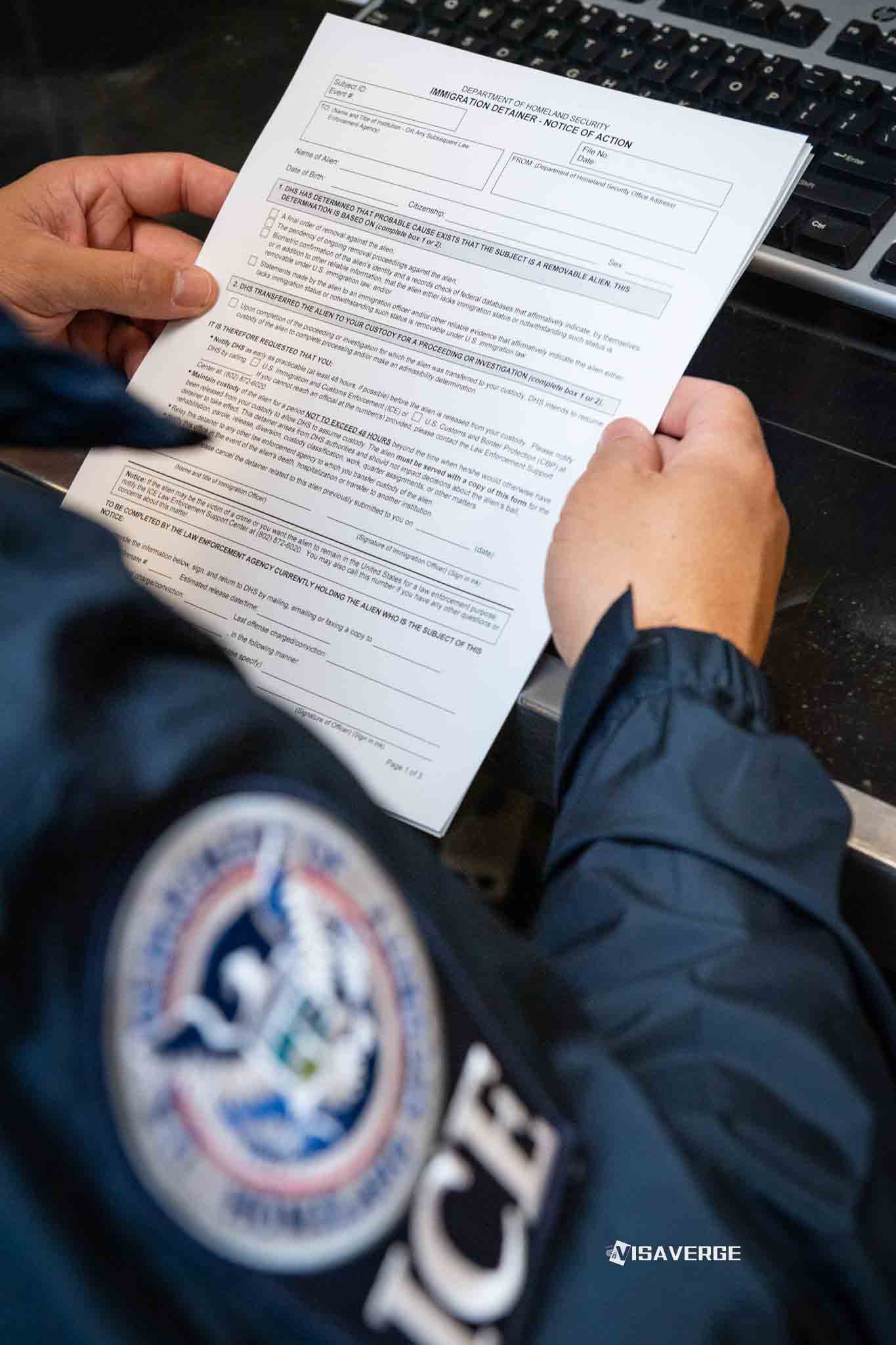Key Takeaways
• A judge dismissed the legal challenge to the US student visa social media policy, but case may proceed if amended.
• F, M, and J visa applicants must disclose social media usernames from five years and set accounts public.
• Non-compliance with social media rules can cause visa denial and future ineligibility under strict Department of State enforcement.
Purpose and Scope
This analysis examines the current status, legal background, and practical effects of the United States 🇺🇸 student visa social media vetting policy as of June 30, 2025. The focus is on the recent judge’s dismissal of a legal challenge to the policy, the ongoing legal process, and the broader implications for international students, educational institutions, and U.S. immigration authorities. The analysis aims to provide a clear, unbiased overview of the policy’s requirements, the legal and social debates surrounding it, and what applicants and stakeholders should expect moving forward.
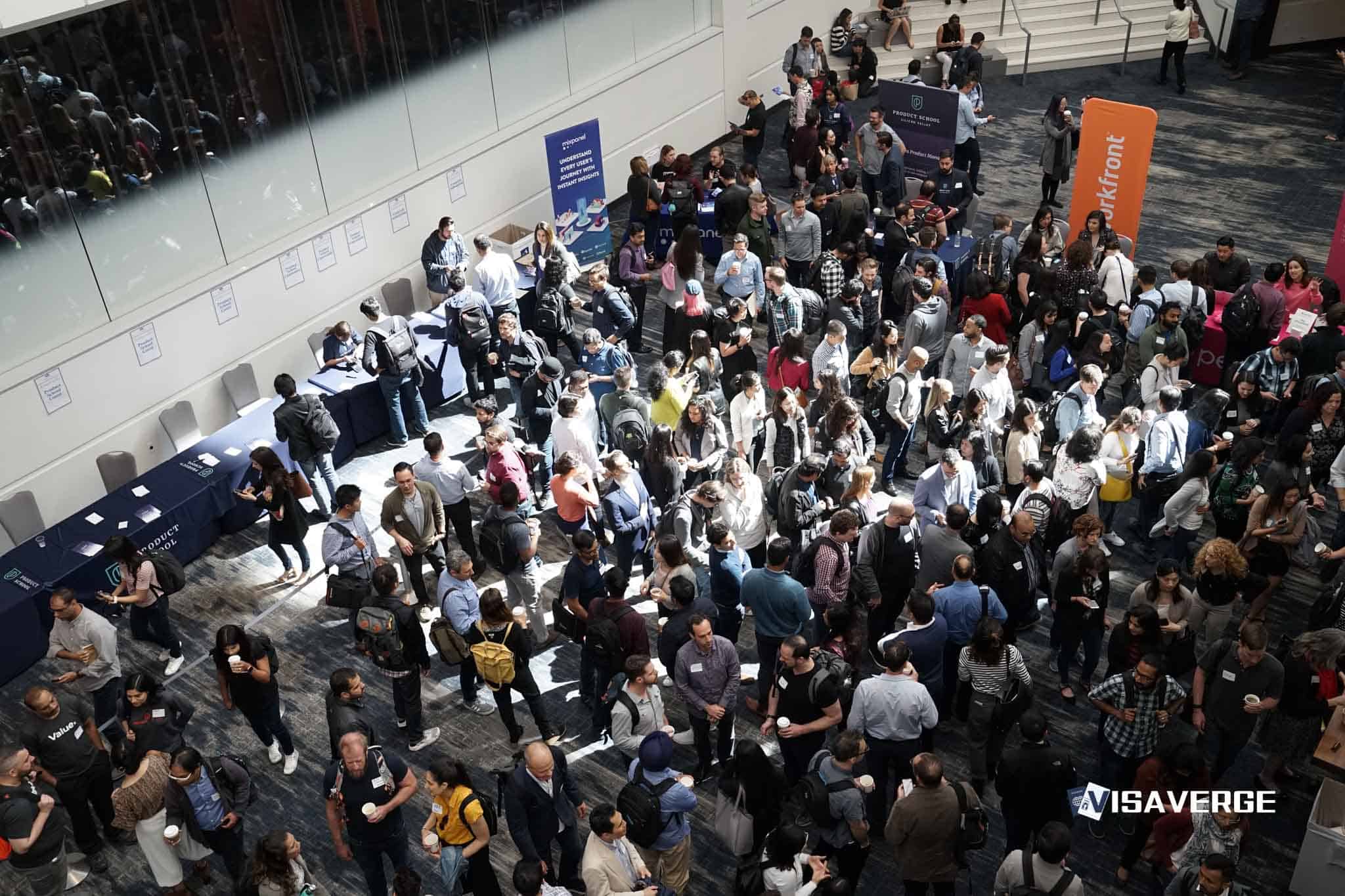
Methodology
This content draws on official government statements, court decisions, and reports from advocacy groups and higher education associations. It synthesizes information from legal filings, Department of State guidance, and public commentary. The analysis also references expert opinions and incorporates data from recent policy changes, as well as feedback from affected parties. Where possible, official government resources are linked to provide readers with direct access to authoritative information.
Key Findings
- A judge has dismissed a legal challenge to the U.S. government’s student visa social media vetting policy, but the case may continue if amended claims are filed.
- The policy, first introduced in 2019 and expanded in 2025, requires all F, M, and J visa applicants to disclose social media usernames from the past five years and set accounts to public.
- Failure to comply with these requirements can result in visa denial and future ineligibility.
- The policy remains controversial, with ongoing legal, academic, and civil liberties debates about its impact on privacy, free speech, and international student enrollment.
- The U.S. Department of State has resumed full enforcement of the policy, and visa processing is ongoing with these expanded vetting measures in place.
Data Presentation
Policy Requirements for Student Visa Applicants
Since June 2025, the U.S. Department of State has enforced the following requirements for F, M, and J student and exchange visitor visa applicants:
- Disclosure of Social Media Accounts: Applicants must list all social media usernames or handles used in the past five years on the DS-160 visa application form. The DS-160 is the standard online form for nonimmigrant visa applications, and the official version can be found on the U.S. Department of State website.
- Public Account Settings: All listed social media accounts (such as Facebook, X, Instagram, and others) must be set to public so that consular officers can review their content.
- Consular Review: Officers are instructed to look for any content that suggests hostility toward the United States 🇺🇸, support for terrorism or antisemitic violence, or political activism considered problematic.
- Consequences of Non-Compliance: Omitting social media information or failing to make accounts public can lead to visa denial and may make the applicant ineligible for future visas.
Recent Legal Developments
- In June 2025, a judge dismissed a lawsuit challenging the social media vetting policy, but the dismissal was not final. The U.S. Court of Appeals for the D.C. Circuit found that the plaintiffs, two documentary film organizations, had not shown enough harm to have standing but allowed them to amend their complaint. This means the legal process is ongoing, but the policy remains in effect for now.
- The policy was temporarily paused in May 2025 by Secretary of State Marco Rubio to allow for the implementation of expanded vetting procedures. This pause delayed new student visa interviews and raised concerns about academic freedom and enrollment delays. The pause ended in late June 2025 after new guidance was issued.
Historical Context and Policy Evolution
- The social media vetting requirement was first introduced in 2019 under President Trump as part of a broader effort to strengthen national security screening for visa applicants.
- The policy has been expanded and refined over time, with the most recent changes in 2025 requiring more detailed disclosure and public access to social media accounts.
- Legal challenges have been ongoing, with groups like the Knight First Amendment Institute and the Brennan Center for Justice arguing that the policy infringes on privacy and free speech rights. Courts have generally upheld the government’s authority to require social media disclosure, but litigation continues.
Stakeholder Perspectives
- U.S. Government: The Department of State and Secretary Rubio argue that social media vetting is necessary for national security and to verify the identity and intentions of visa applicants. The White House has been in talks with universities to address concerns about the policy’s impact on international students.
- Higher Education Associations: Organizations such as the American Council on Education and UPCEA have expressed concern that the policy could harm academic freedom and discourage international students from applying to U.S. universities. They have called for the government to reconsider or soften the vetting requirements.
- Civil Liberties Advocates: Groups like the Knight First Amendment Institute believe the policy amounts to unconstitutional surveillance and chills free expression. They continue to pursue legal action and public advocacy against the policy.
Practical Implications for Applicants
- Disclosure and Public Access: International students applying for F, M, or J visas must be ready to provide a complete list of all social media accounts used in the last five years and ensure those accounts are set to public. This includes any accounts used under different names or for different purposes.
- Visa Appointment Scheduling: If visa appointments are not available before the start of a student’s academic program, applicants are advised to request expedited appointments through the official online system. For programs starting later in the year, students should keep checking for new appointment slots.
- Consular Review Process: Consular officers will review social media content, take screenshots, and make notes as part of the admissibility assessment. This extra layer of review can increase processing times and may lead to more visa denials based on online activity or associations.
Comparisons, Trends, and Patterns
Comparison to Previous Policies
- Before 2019, social media vetting was not a standard part of the student visa process. The introduction and expansion of this policy mark a significant shift toward digital surveillance in immigration screening.
- The current requirements are broader and more detailed than earlier versions, demanding disclosure of all social media handles and public access to accounts.
Trends in Visa Processing and Enrollment
- There has been a noticeable increase in processing times for student visas since the expanded vetting measures were put in place. This is due to the need for consular officers to review large amounts of online content.
- Some universities have reported a decline in international student applications, which they attribute in part to concerns about privacy and the risk of visa denial due to social media activity.
Patterns in Legal and Public Debate
- The legal system has shown mixed responses, with some courts upholding the government’s authority while others allow for continued challenges based on constitutional rights.
- Public debate remains active, with strong opinions on both sides about the balance between national security and individual rights.
Evidence-Based Conclusions
- The student visa social media vetting policy is currently in full effect and is being strictly enforced. Applicants must comply with all disclosure and public access requirements or risk denial.
- Legal challenges are ongoing, but so far, courts have generally supported the government’s authority to require social media disclosure. The most recent judge’s dismissal allows for the case to continue if plaintiffs can show harm, but the policy remains in place for now.
- The policy has practical consequences for international students, including increased scrutiny, longer processing times, and potential impacts on academic freedom and enrollment.
- Stakeholders remain divided, with the government emphasizing security and others raising concerns about privacy, free speech, and the attractiveness of U.S. universities to international students.
Limitations
- The analysis is based on information available as of June 30, 2025. Further legal developments or policy changes may alter the requirements or enforcement of the social media vetting policy.
- Data on the exact number of visa denials or delays due to social media vetting is limited, as the Department of State does not release detailed statistics on this aspect of visa processing.
- The impact on international student enrollment is influenced by many factors, including global events, economic conditions, and other immigration policies, making it difficult to isolate the effects of social media vetting alone.
Visual Data Description
If you were to look at a chart showing the timeline of student visa policy changes, you would see a clear increase in requirements starting in 2019, with another sharp rise in 2025 when the expanded social media vetting was introduced. A second chart comparing visa processing times before and after the policy change would likely show a noticeable increase in average wait times, especially during the May-June 2025 pause and resumption period.
Actionable Takeaways and Practical Guidance
- For Student Visa Applicants:
- Carefully review the DS-160 form and ensure all social media accounts from the past five years are listed.
- Set all listed accounts to public before your visa interview and keep them public until your visa is issued.
- Avoid omitting any accounts, as this can lead to denial and future ineligibility.
- If your program start date is approaching and you cannot get an appointment, use the official system to request an expedited slot.
- For Universities and Advisors:
- Inform international students about the new requirements and help them prepare their applications.
- Monitor appointment availability and communicate with consular posts if students face delays.
- Stay updated on policy changes by checking the U.S. Department of State’s visa information page.
- For Advocacy Groups:
- Continue to collect data on the impact of social media vetting and support affected students.
- Engage in legal and policy advocacy to address concerns about privacy and free speech.
According to analysis by VisaVerge.com, the expanded social media vetting policy has created new challenges for international students and universities, but it remains a central part of the U.S. government’s approach to visa security. The ongoing legal process means that further changes are possible, and all stakeholders should stay informed about new developments.
Conclusion
The student visa social media vetting policy in the United States 🇺🇸 is a major development in immigration screening, reflecting broader trends toward digital surveillance and heightened security measures. While a judge has dismissed the most recent legal challenge, the case may continue, and the policy remains in force. International students must comply with strict disclosure and public access rules for their social media accounts, and educational institutions must adapt to the new landscape. The debate over privacy, free speech, and national security is likely to continue, with future court decisions and policy adjustments shaping the experience of international students in the years ahead. For the most current information and official guidance, applicants and advisors should consult the U.S. Department of State’s visa information page.
Learn Today
Student Visa → A nonimmigrant visa (F, M, or J) allowing foreign nationals to study or exchange in the US.
Social Media Vetting → Government review of applicants’ online profiles to assess security risks and verify identity for visa decisions.
DS-160 → The online nonimmigrant visa application form requiring disclosure of social media accounts from the past five years.
Consular Officer → US Department of State official who reviews visa applications and social media content to determine eligibility.
Legal Challenge → A lawsuit contesting the social media vetting policy focusing on privacy and constitutional rights concerns.
This Article in a Nutshell
The US expanded social media vetting for student visas, requiring full disclosure and public profiles. Legal challenges persist, but enforcement continues. Students face longer processing times and must comply to avoid visa denial amid privacy and free speech debates.
— By VisaVerge.com










